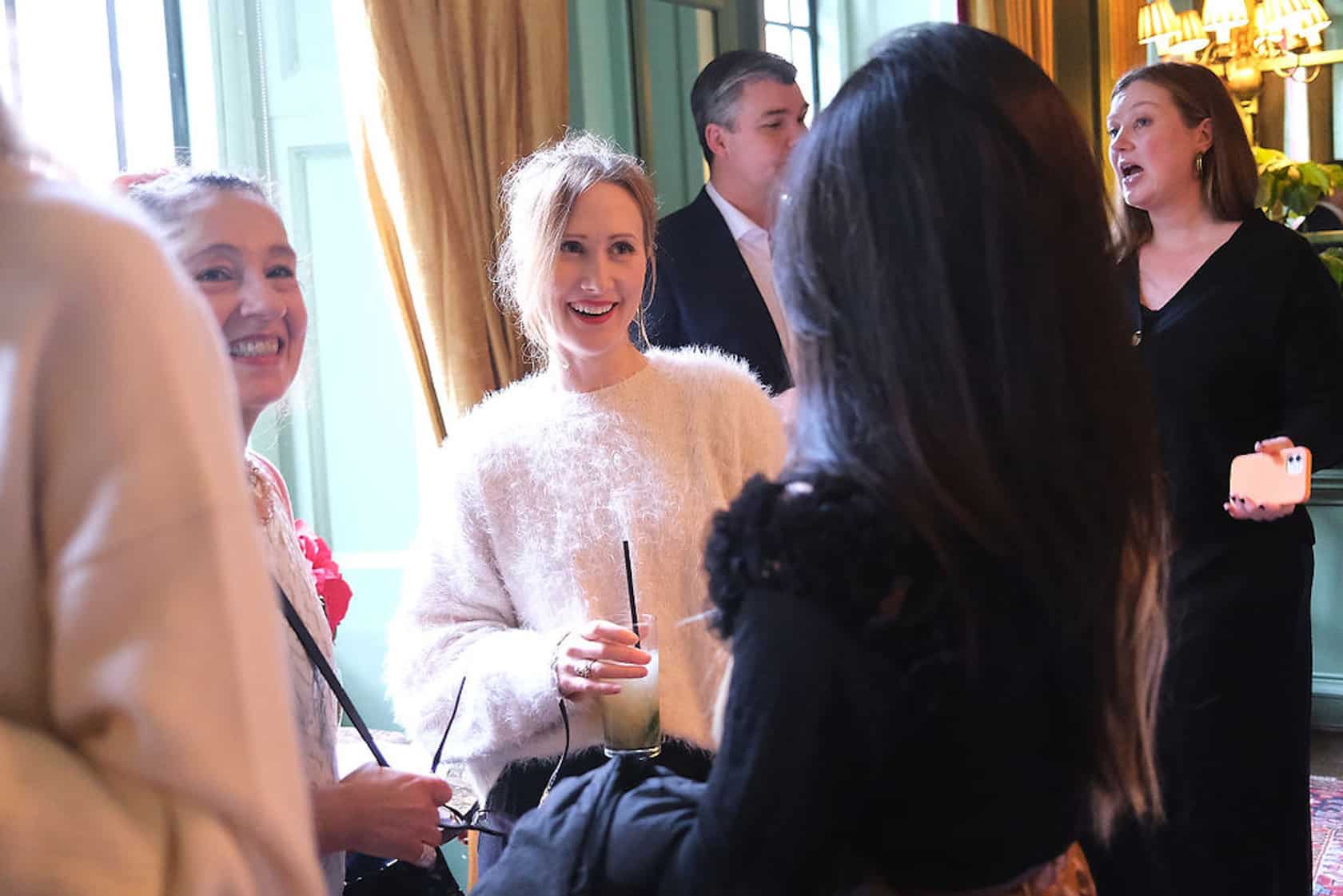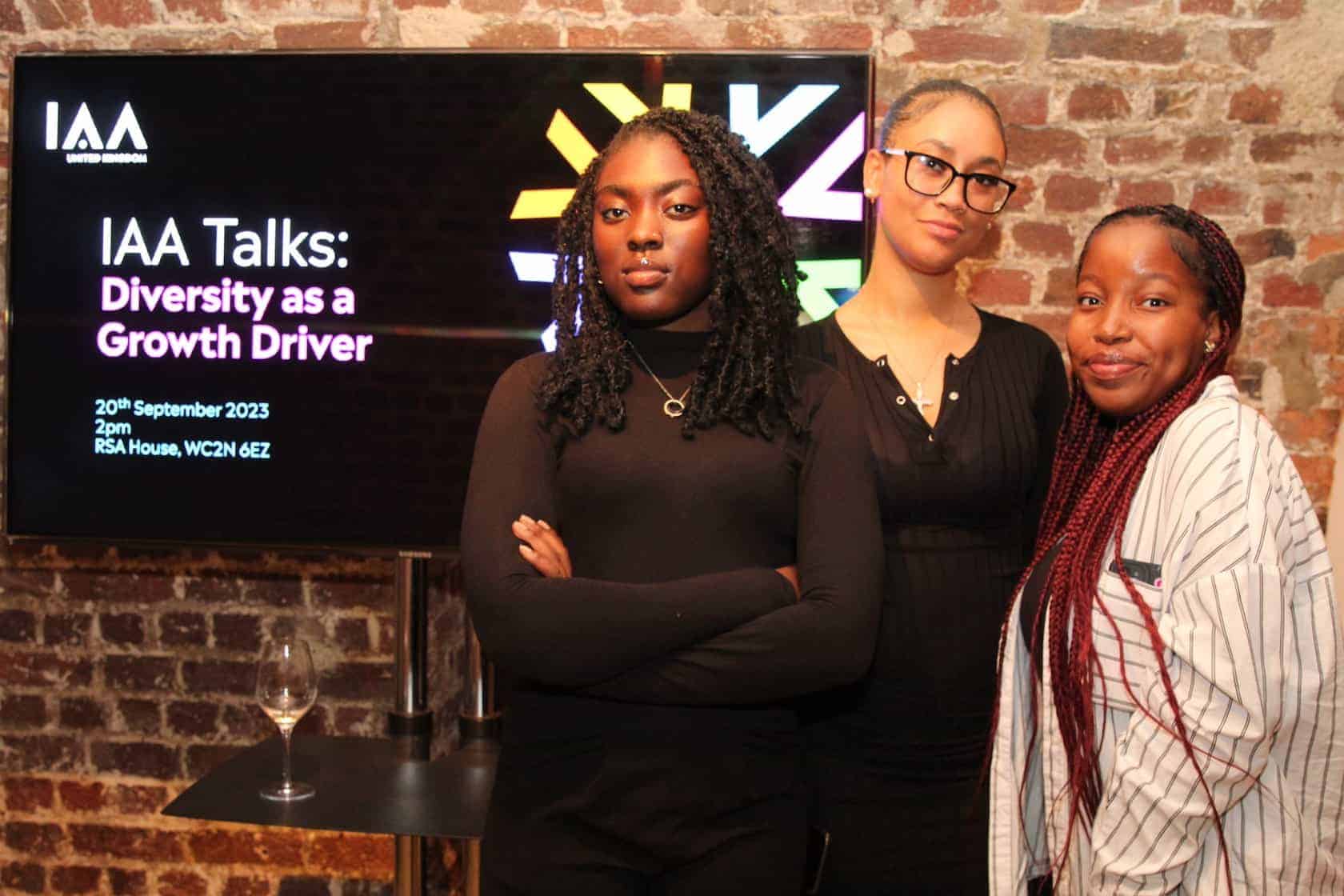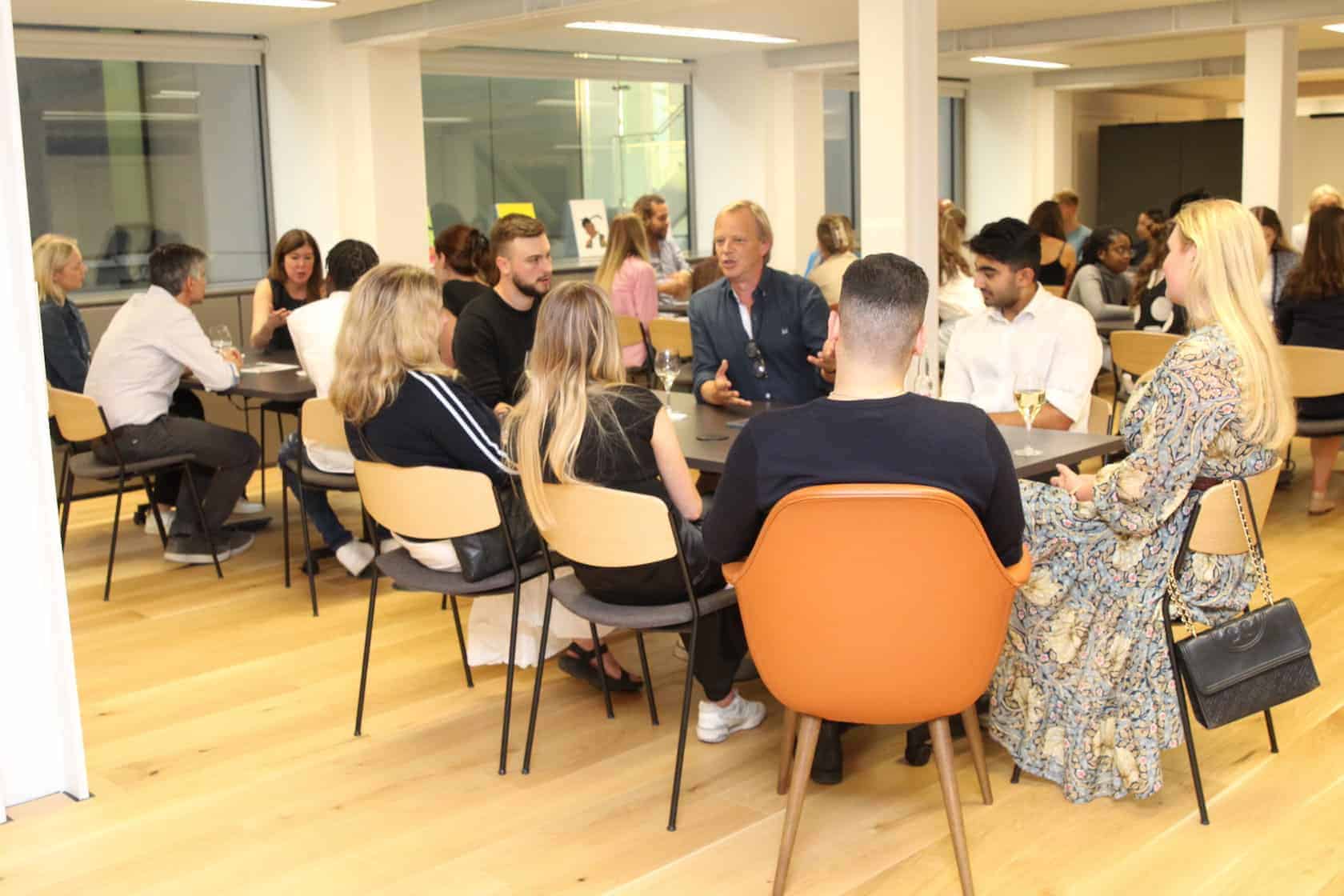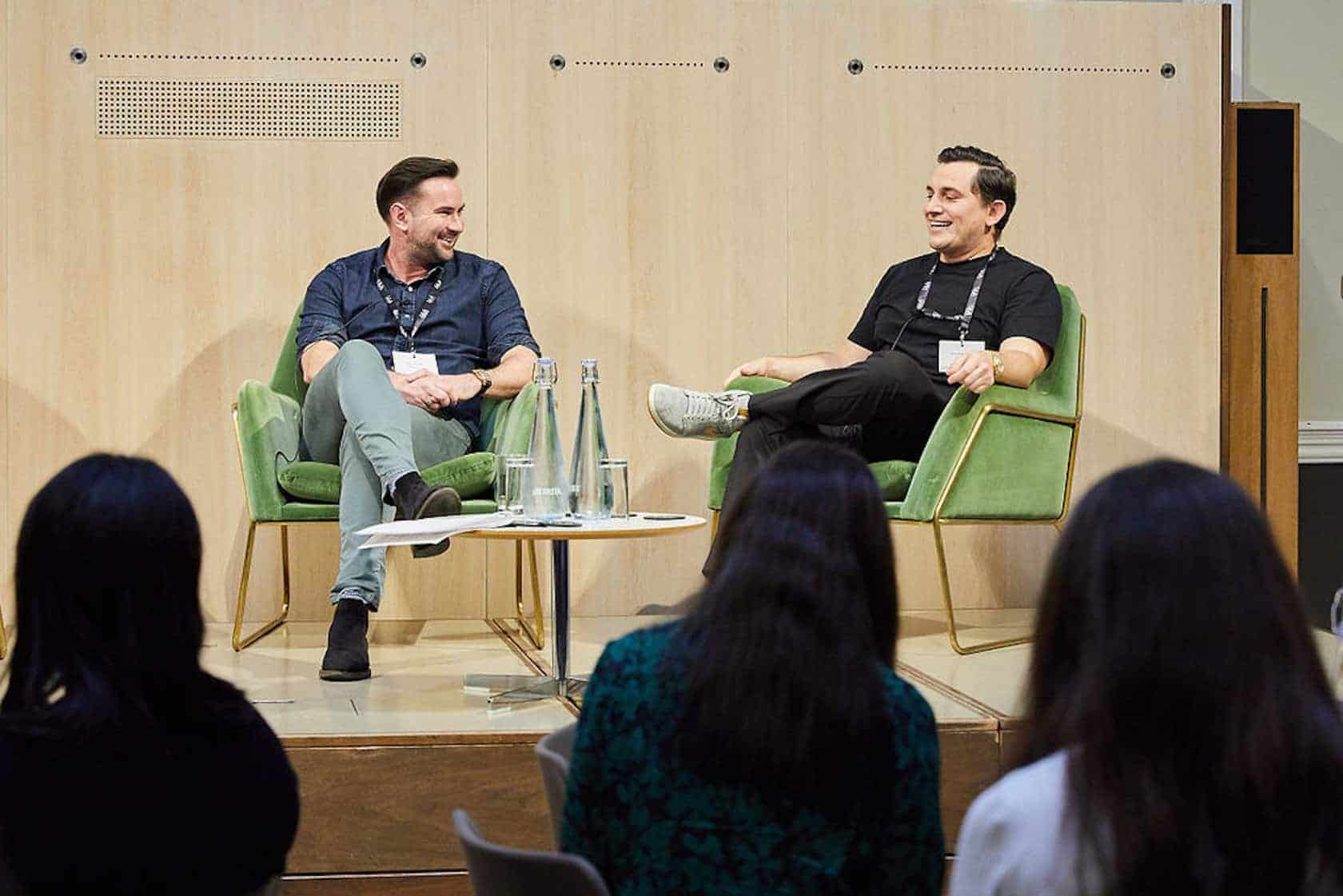Spotlight on DIBs
Date/Time:
Date(s) - February 4, 2021
12:00 am
The IAA’s free-to-attend Global Brand Thank Tank returned, again in partnership with Mediatel, bringing together brand marketers to discuss the issues that matter to them most.
According to a report on boardroom diversity, there are no black executives in any of the top three roles at any of the FTSE 100 firms for the first time in six years. Understandably, this report has left many questioning whether Black Lives Matter is just rhetoric rather than a reality for Britain’s biggest companies.
Following the announcement of IAA UK’s framework committing to action on equality, diversity and inclusion within the advertising industry, its recent Spotlight on Diversity, Inclusion and Belonging (DIBs) Webinar explored the steps it is taking to implement and promote change within the industry. This webinar brought together a panel of industry leaders to share their personal and professional insights on this important topic.
Hosted by Fou Brown, Vice President of Diversity at IAA, the event kicked off with a talk from Ally Owen, founder of Brixton Finishing School (BFS). With 42% of young people saying that they cannot see role models that look like them – and following the success of its AD-cademy programme – BFS seeks representation change at scale. The programme provides a ten-week course that educates talent from untapped sources and then finds students employment opportunities within the advertising industry. Owen’s closing remark that we can all agitate for change within the industry, reaffirmed that it is our responsibility as individuals to strive for an inclusive workforce.
Roy Patel, Ipsos, followed Owen, and used data from IAA UK members to highlight three major areas the IAA should address: race and ethnicity, gender equality and diversity, and representation (including. neurodiversity). Interestingly, his data also highlighted gender biases in attitudes, with a lack of men highlighting neurodiversity as being of importance versus women. The IAA’s diversity strategy builds more broadly on these findings; pillared by a desire to educate, inspire and impact, their strategy includes connecting with charities, organising panels, setting up apprenticeship schemes and a commitment to supporting grassroots talent, including giving two graduates of the BFS places on IAA UK’s PAC course free of charge. In addition, IAA UK is looking inwards to seek greater diversity at a senior level within the organisation.
During the panel discussion we heard from Tasneem Ali, Ipsos and Diversity & Authenticity Career Coach , Karen Carter, KAOS Marketing and Diversity/Ageism Advocate, Jerry Daykin, GSK and WFK Diversity Ambassador, Christopher Kenna, Brand Advance and Diversity Advocate and Brie Read, Snag Tights and Size Acceptance Campaigner.
Hosted by Marsha Jackson, Article Ten, three key themes arose during the discussion:
1. Understanding versus Caring
The panel discussed ‘why is it important that brands understand diversity?’ and the implications of our language around this. Ultimately, diversity should not be about understanding numbers, but caring about greater inclusion. Brands should live and breathe diversity as opposed to making token efforts to tick boxes.
2. Knowing your audience
Brands that care about the diversity of their audience are better able to connect through their campaigns. The primary goal of marketers is to reach as many people as possible, however, if brands aren’t targeting the 14 million people in the UK with a registered disability, for example, they are immediately disregarding a massive target consumer audience. Similarly, 50% of consumer spending in the UK is made by people aged 50 and above, while only 3-5% of advertising is targeted at them. To put this into perspective, if you imagined your audience as co-owning your business, it wouldn’t make sense not to focus on their demands.
3. It’s not that hard
All the panellists agreed, commitments to Diversity, Inclusion and Belonging need to be made to reflect the immediacy of the problem. Strategies should not be part of a five-year plan when tangible changes to brands’ briefs and hiring processes can be made immediately. As put simply by Daykin, ‘we’d be lying to say it was hard’.








